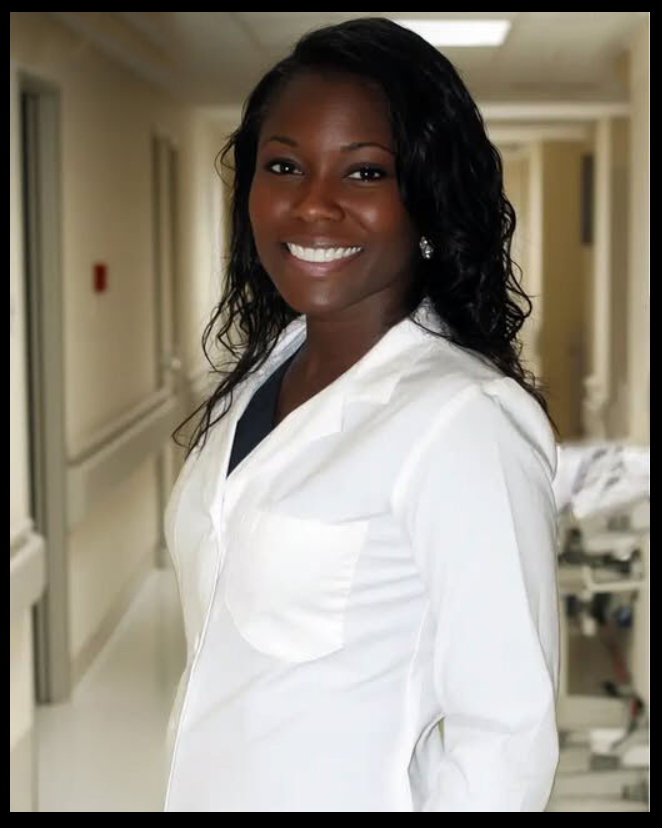From the moment I stepped into the operating room, I knew I’d found my purpose. Becoming a surgeon wasn’t just a career — it was a calling. After years of sacrifice, I’d finally earned my place at one of the city’s top hospitals. Then one night, everything changed. Just after midnight, paramedics rushed in with an unconscious woman — a homeless patient, suffering from blunt force trauma and internal bleeding. No ID. No insurance. Hospital policy required approval for costly surgeries like hers — and at that hour, no one was around to give it. “She won’t last an hour,” a paramedic said urgently. I knew the rules. But I also knew what was right. “Prep the OR,” I said. The surgery took three hours. Her spleen was ruptured, and she had lost a lot of blood. But we saved her. The next morning, I was called into a meeting. Dr. Langford, the chief of surgery, was furious. “You cost the hospital thousands,” he said. “You’re fired.” No one defended me. That night, I lay awake, jobless, angry — but without regret. I had saved a life. The next morning, Langford called. His daughter, Melany, had been in a crash — internal bleeding. The hospital was overbooked. “You’re the only one who can help her,” he said, voice shaking. I returned to the hospital — not for him, but for her. The surgery went well. When I came out, Langford dropped to his knees. “Thank you,” he whispered. “I was wrong. You didn’t have to help — but you did.” A week later, I was reinstated and promoted. Hospital policy changed, allowing emergency surgery for all patients, insured or not. The homeless woman I’d operated on survived and got the support she needed to start over. I lost everything by doing what was right. But in the end, doing what was right gave it all back — and more. Because I still believe in the oath I took: to heal, to protect, to save — no matter the cost
From the moment I stepped into the…
